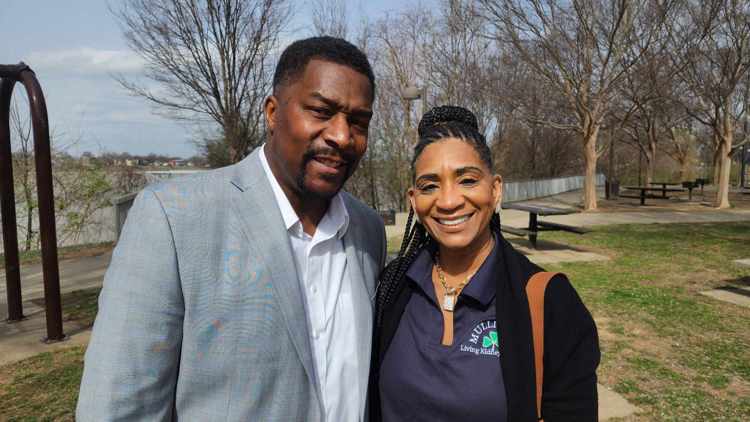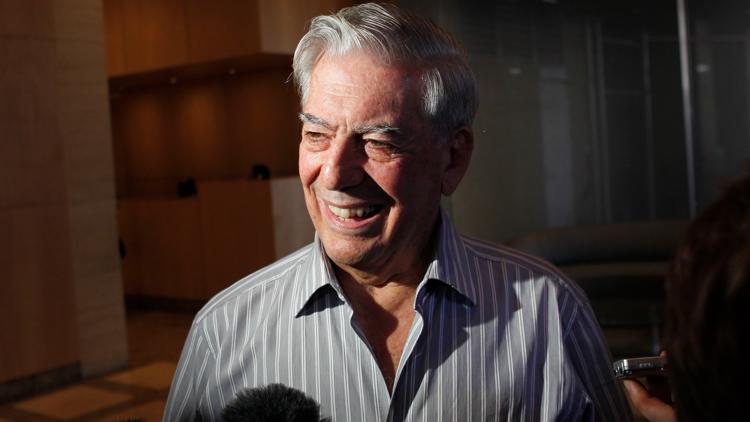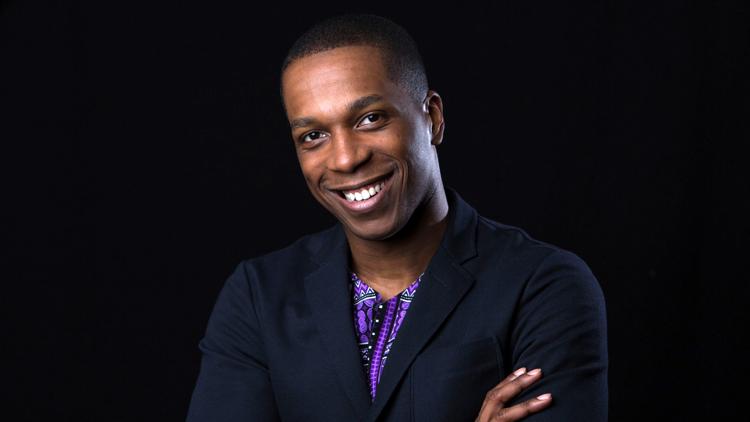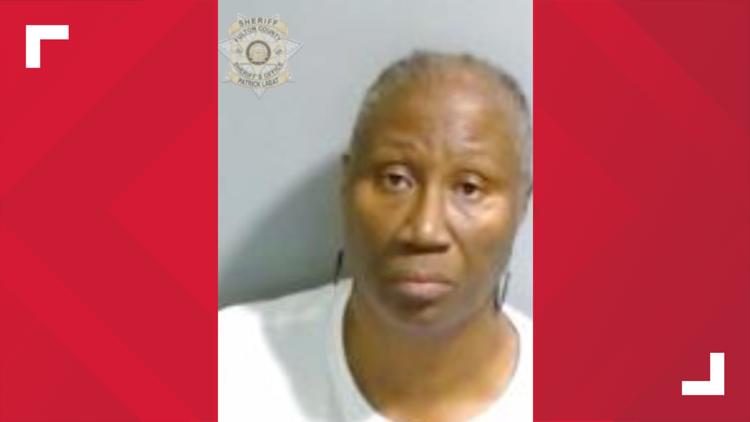Trump confronted for defiance of court orders across series of cases
The Trump administration is ramping up its feud with the judiciary even as the courts fire back, accusing the executive branch of defying court orders. On Tuesday, a federal judge in Maryland admonished Justice Department lawyers for failing to provide meaningful updates on their effort to secure the return of a man mistakenly deported to El Salvdaor....

The Trump administration is ramping up its feud with the judiciary even as the courts fire back, accusing the executive branch of defying court orders.
On Tuesday, a federal judge in Maryland admonished Justice Department lawyers for failing to provide meaningful updates on their effort to secure the return of a man mistakenly deported to El Salvdaor.
On Wednesday, a federal judge in D.C. found probable cause that the administration had willfully disobeyed his order to halt or turn around flights carrying some 200 men to a Salvadoran prison.
The same day, a watchdog group accused Central Intelligence Agency (CIA) Director John Ratcliffe of defying a judge’s order to preserve communications in a now-infamous Signal group chat used to share sensitive military information.
And on Friday, another judge paused mass layoffs at the Consumer Financial Protection Bureau (CFPB) over concerns they ran afoul of her previous order.
Experts say the unusual moves signal an administration willing to be more combative with the courts — and that they raise concerns about whether the dynamic will escalate over the rest of President Trump’s term.
“What you're witnessing is a kind of adversarial stance that is unusual for government lawyers to take,” said Rebecca Roiphe, a former federal prosecutor now teaching legal ethics at New York Law School.
“I do think it's a warning sign, and it's definitely a sign that the administration just has a very different view of legal constraint than prior administrations.”
The administration has also pushed back against the courts in smaller ways, telling judges in various cases that they weren’t authorized to provide information and failing to meet deadlines imposed by the court.
Jessica Roth, a former federal prosecutor who now teaches at Cardozo School of Law, called it “an unprecedented stress test on the courts.”
“This is extremely unusual behavior, both from the administration and from the lawyers representing the administration in court, and it's deeply distressing to see the behavior from these Department of Justice lawyers, which is not the norm for how Department of Justice lawyers conduct themselves in court,” she said.
In one remarkable instance, a DOJ attorney rebuffed U.S. District Court Judge James Boasberg’s request for flight information to determine whether the Trump administration had violated his order to halt or turn around flights, telling the judge he was “not authorized” to provide that information. Boasberg is an appointee of former President Obama.
Attorneys were directed to provide U.S. District Court Judge Paula Xinis with updates about their efforts to secure the return of Kilmar Abrego Garcia declined to do so, sending sworn declarations with no information about his status but included a reference to Salvadoran President Nayib Bukele saying he would refuse to release him.
In both cases, they earned a stern rebuke from the court.
Xinis, an Obama appointee, greenlighted depositions against Trump officials and berated the lack of candor. “What the record shows is that nothing has been done. Nothing,” she said.
When the government tried to appeal Xinis’s order, it earned a swift, sharp rebuke from a Reagan-appointed federal circuit judge.
Roth said even missing a deadline is something previously considered taboo at the Justice Department.
“I think it's shocking the way in which the lawyers are being cavalier about complying with the court's orders, requiring at a minimum updates about the government's actions,” she said.
“That's not something that lawyers ordinarily do, and certainly not without good cause. And I think one of the things that's been very striking in how the Department of Justice lawyers have conducted the litigation involving Abrego Garcia in particular, is that there they haven't been putting forward explanations for their lack of compliance, whether it's for meeting a deadline or providing substantive information. That is very unusual and disrespectful of the court.”
Boasberg, meanwhile, said the government's steps to kick off deportation flights “demonstrate a willful disregard for [his] Order,” demanding the Trump administration propose a plan to rectify their contempt.
At the Justice Department, attorneys have been sent numerous signals about the stance the department plans to take. In one of her first directives as attorney general, Pam Bondi said attorneys would face consequences if they failed to zealously advocate for Trump’s policies. The department has since suspended the attorney who told Xinis that Abrego Garcia was deported in error.
Trump earlier gave a rare speech at Justice Department headquarters calling for “full and complete accountability for the wrongs and abuses” he said have occurred there and elsewhere in government.
Roiphe noted that prosecutors are often eager to be responsive to judges.
“Being a prosecutor, you have the sense that it's in your strategic advantage to just be the attorney that they can rely on. And that is just the culture of being a prosecutor,” she said.
But Trump has called on his prosecutors to be a different kind of attorney.
“It goes back to creating a different kind of Department of Justice. … Most administrations accept that these are lawyers who have professional obligations to the court,” she said.
“He has sent these messages throughout the Department of Justice that he doesn't want that kind of department justice. He wants the Roy Cohn version, where these are lawyers who are going to get around the law as an obstacle, rather than treat the law as something real that they need to abide by,” she said.
Cohn, former Sen. Joseph McCarthy’s (R-Wis.) chief of staff and attorney, heavily influenced Trump early in his business career.
Beyond the challenges to the Trump administration’s sweeping actions on immigration, the executive branch is increasingly clashing with the judiciary in other areas, too.
On Friday, U.S. District Judge Amy Berman Jackson paused plans to lay off 90 percent of the CFPB hours before the employees were set to lose computer access.
Jackson, an Obama appointee, did so as she investigates whether the plans violate her previous injunction that was partially upheld by an appeals court. Before making her final ruling, she will hold a hearing on April 28, with expected witness testimony.
“I am deeply concerned, given the scope and speed of the agency action,” Jackson said.
On Wednesday, watchdog group American Oversight accused Ratcliffe of failing to abide by a judge’s temporary restraining order to “promptly make best efforts to preserve all Signal communications” from a four-day period in which top administration officials discussed planned attacks on Houthi targets in Yemen and accidentally added a journalist to the group chat.
The watchdog, which regularly files public records requests against the federal government, challenges the chat as violating the Federal Records Act.
American Oversight raised concerns about the CIA recovering no substantive messages from the chat, saying the agency waited multiple days to review Ratcliffe’s phone and someone changed the settings in the meantime.
Benjamin Sparks, senior counsel at the group, wrote in court filings that Ratcliffe “stood by while evidence and records” that were supposed to be preserved were “modified or, worse, deleted.”
But not all plaintiffs’ have convinced judges the administration is flouting court directives.
The Associated Press accused the White House in its new press pool system of not abiding by U.S. District Judge Trevor McFadden’s injunction to restore the wire service’s access to spaces like the Oval Office and Air Force One.
But at a Friday hearing, McFadden, a Trump appointee, declined the outlet’s motion to enforce, saying the new policy does not, on its face, seem to discriminate against the AP. But he warned that he’s continuing to monitor the situation and violations would be met with a heavy hand.
“I don't have a lot of experience with parties presumptively violating my orders,” McFadden said.
Legal spectators are focused on the Supreme Court, and how it may address any pushback from the Trump administration.
The Supreme Court order to facilitate the return of Abrego Garcia is one that gave the administration some wiggle room in how to move forward, but lawyers for Abrego Garcia and others have accused the Trump administration of flouting the directive to seek his return.
Rep. Dan Goldman (D-N.Y.) said those actions have put the country at a crossroads.
“Having failed to provide due process and admitting that Mr. Abrego Garcia was mistakenly deported, President Trump is now flouting the Supreme Court’s directive to ‘facilitate’ his return,” he said in a statement.
“Donald Trump is either too impotent to return an innocent man from a country he is paying to hold him, or he is declaring war on the judiciary. Both are unacceptable. Make no mistake: President Trump is at a fork in the road. He either chooses democracy or dictatorship. The American people are watching closely.”
What's Your Reaction?






















































